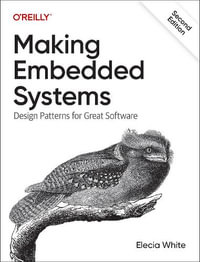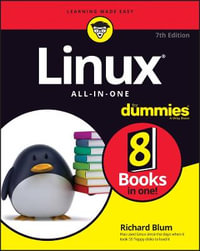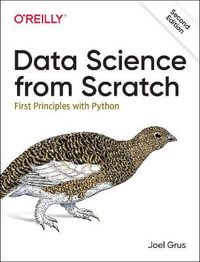Foundations of Modern Networking is a comprehensive, unified survey of modern networking technology and applications for today's professionals, managers, and students. Dr. William Stallings offers clear and well-organized coverage of five key technologies that are transforming networks: Software-Defined Networks (SDN), Network Functions Virtualization (NFV), Quality of Experience (QoE), the Internet of Things (IoT), and cloudbased services.
Dr. Stallings reviews current network ecosystems and the challenges they face-from Big Data and mobility to security and complexity. Next, he offers complete, self-contained coverage of each new set of technologies: how they work, how they are architected, and how they can be applied to solve real problems. Dr. Stallings presents a chapter-length analysis of emerging security issues in modern networks. He concludes with an up-to date discussion of networking careers, including important recent changes in roles and skill requirements.
Coverage:
- Elements of the modern networking ecosystem: technologies, architecture, services, and applications
- Evolving requirements of current network environments
- SDN: concepts, rationale, applications, and standards across data, control, and application planes
- OpenFlow, OpenDaylight, and other key SDN technologies
- Network functions virtualization: concepts, technology, applications, and software defined infrastructure
- Ensuring customer Quality of Experience (QoE) with interactive video and multimedia network traffic
- Cloud networking: services, deployment models, architecture, and linkages to SDN and NFV
- IoT and fog computing in depth: key components of IoT-enabled devices, model architectures, and example implementations
- Securing SDN, NFV, cloud, and IoT environments
- Career preparation and ongoing education for tomorrow's networking careers
Key Features:
- Strong coverage of unifying principles and practical techniques
- More than a hundred figures that clarify key concepts
- Web support at williamstallings.com/Network/
- QR codes throughout, linking to the website and other resources
- Keyword/acronym lists, recommended readings, and glossary
- Margin note definitions of key words throughout the text

























